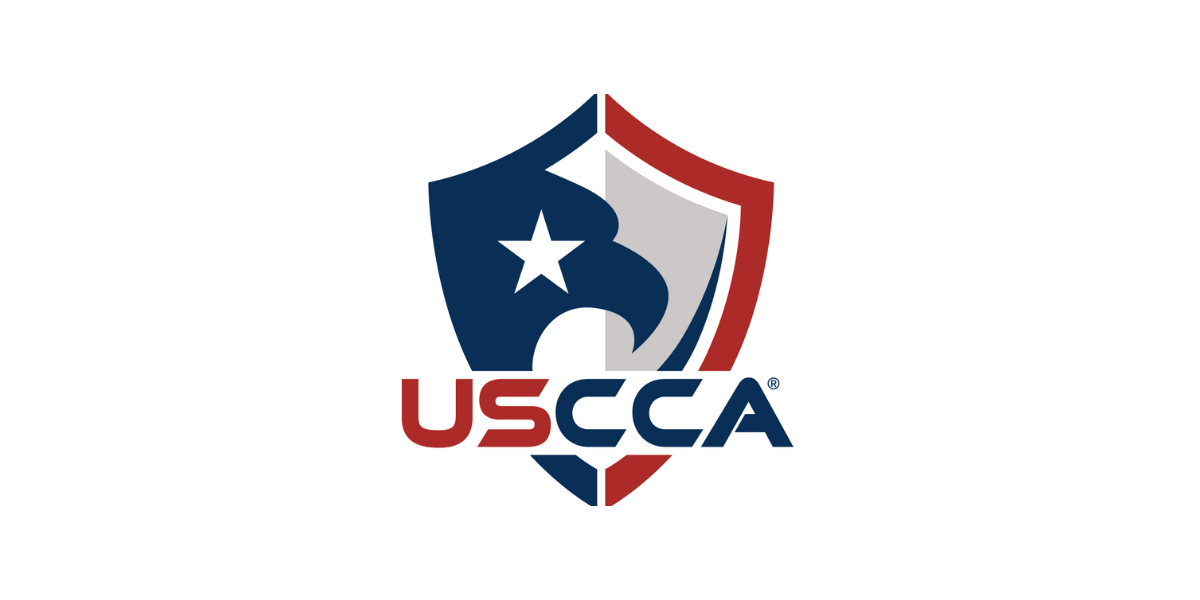Responding to an overwhelming call for guidance, here is what employers need to know next about navigating coronavirus issues, as the local, national, and global responses to Coronavirus Disease 2019 (COVID-19) continue.
Shifting to Remote Work
On March 18, 2020, Governor Andrew Cuomo issued an executive order that all “businesses and not-for-profit entities in the state shall utilize, to the maximum extent possible, any telecommuting or work from home procedures that they can safely utilize.” The order also stated that each employer “shall reduce the in-person workforce at any work locations by 50% no later than March 20 at 8 p.m.,” however updates issued by the Governor’s Office appear to state that employers will instead be directed to reduce in-office personnel by seventy-five percent (75%). Accordingly, employers will be shifting employees from the workplace to remote work locations, such as employees’ homes. In making this shift, employers should avoid claims of discrimination and wage and hour claims.
Employers can reduce the risk of discrimination claims by applying remote work policies in a neutral, nondiscriminatory manner. Employers without policies on working from home will need them. Not having these policies could open the proverbial door to discrimination claims, leaving the employer without the defense that it was applying established workplace policies in a neutral, nondiscriminatory way.
In addition, employers should continue to monitor employee time and attendance, enforce established work schedules, and pay employees correctly. While employers can (and should) monitor the working time of salaried employees, contemporaneous timekeeping is necessary for hourly employees in order to pay them correctly and to ensure they take breaks required by New York law. Hourly employees should be paid for all hours worked and for compensable breaks of 20 minutes or less.
Shutting Down Operations
Some employers are shutting down operations. For example, in New York and neighboring states, the government has ordered bars and restaurants and some other businesses such as gyms and theaters to close until further notice.
Unfortunately, for employers facing the closure of their business, they may also be laying off employees. New York law requires that employers provide certain notices to employees who are separating from employment and they are subject to enforcement and penalties for failure to provide the notices.
For example, at the time of separation, employers must provide notice of an employee’s right to file for unemployment. As another example, employers must provide written notice to employees, within five (5) days of the termination of their employment, stating the effective date of termination, and the exact date that any employee benefits will cease, for instance, group medical and other coverage.
Continuing to Navigate Health Concerns
Employers will need to continue navigating concerns relating to the health of their employees. In our prior article on coronavirus workplace issues (linked here), we said employers should take precautions like encouraging sick employees to stay home, including by modifying policies to liberalize leave. In the meantime, employees who remain in the workplace may exhibit signs of having contracted the coronavirus, such as difficulty breathing, or may have come into contact with someone known to have contracted coronavirus.
The Americans with Disabilities Act (as well as state and local disability laws) generally prohibits employers from conducting medical examinations (such as taking an employee’s temperature) or asking employees about their medical status. But, if it can be shown that medical exams or inquiries are job-related and there is a business necessity, or that there is a direct threat posed by the employee’s medical condition, then legal exceptions may apply that would permit a medical exam or inquiry. That said, employers should be careful and note that medical inquires and exams in the general office setting may be difficult to justify under the above legal exceptions. As a practical matter, employees should be encouraged to self-report.
Do Not “Go It Alone”
More than ever, employers need help. We do not recommend a “go it alone” approach. Instead, employers should talk to an experienced labor and employment attorney about options and solutions during these challenging times.
For more information, or to speak with New York State Labor and Employment Attorneys Kevin Shehan or Tori Scozzaro, please contact (518) 218-7100 or info@tullylegal.com.






